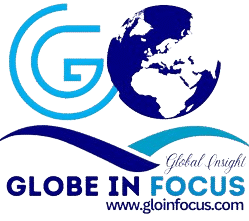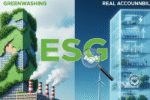Global in Focus, Published by Global Policy & Research Institute, is an interdisciplinary current affairs magazine committed to the rigorous analysis of international developments across political, economic, social, cultural, and technological domains. In a rapidly evolving world, where the velocity of information often outpaces thoughtful reflection, our mission is to provide readers with in-depth, context-rich, and evidence-based perspectives that transcend the immediacy of daily headlines.
Our editorial philosophy is grounded in three core principles: accuracy, critical inquiry, and global relevance. We recognize that contemporary issues—whether geopolitical conflicts, shifts in the global economy, breakthroughs in science and technology, or the pressing challenges of climate change and public health—cannot be understood in isolation. Each phenomenon is embedded in broader historical trajectories, power structures, and cultural narratives. By situating current events within this wider analytical framework, Global in Focus offers readers not only information, but also intellectual clarity.
The magazine draws on contributions from scholars, researchers, practitioners, and journalists worldwide. This diverse authorship ensures that our readership is exposed to multiple vantage points, methodological approaches, and cultural contexts. Our aim is to foster a more informed global public, one capable of engaging critically with the complexities of an interconnected world.
At Global in Focus, we reject sensationalism and superficial commentary. Instead, we emphasize scholarly integrity, balanced reporting, and the dissemination of knowledge that encourages reflection, dialogue, and responsible action. We aspire to serve as a bridge between academic research and public discourse, making advanced insights accessible without compromising intellectual rigor.
Ultimately, Global in Focus exists to cultivate global awareness and critical literacy. By placing contemporary issues under careful scrutiny, we empower readers—whether students, academics, policymakers, or engaged citizens—to better understand the challenges and opportunities of our time, and to envision informed pathways toward a more equitable and sustainable future.



